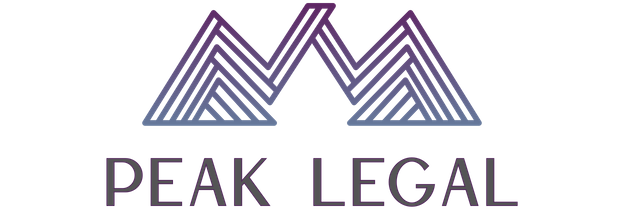Understanding Mandatory Disclosure in Florida
Mandatory disclosure refers to the mandatory exchange of financial information between parties involved in family law and/or domestic relations cases. This process is governed by Florida Family Law Rules of Procedure and aims to foster transparency and equity in matters of divorce, paternity, child support, and other familial disputes.
The Core Components of Mandatory Disclosure
Florida law mandates the comprehensive disclosure of various financial aspects, including but not limited to:
Income: Parties are required to disclose their sources of income, including employment earnings, business profits, rental income, and any additional sources contributing to their financial stability.
Assets and Liabilities: This entails the declaration of all assets such as real estate, investments, bank accounts, vehicles, as well as liabilities including debts, loans, and mortgages.
Tax Returns and Statements: Furnishing tax returns and statements forms an integral part of the mandatory disclosure process, offering a comprehensive view of financial standing and obligations.
Budgets and Expenses: Detailing monthly expenses, budgetary allocations, and lifestyle expenditures provides a clearer understanding of the parties’ financial realities.
The Significance and Impact of Mandatory Disclosure
Promoting Fairness and Equity
At its core, mandatory disclosure serves as a cornerstone for achieving fairness and equity in family law proceedings. By ensuring a comprehensive exchange of financial information, the process mitigates the chances of a party concealing assets or manipulating financial information, thus fostering an environment conducive to fair settlements.
Facilitating Informed Decision-Making
Empowering both parties with a comprehensive view of each other’s financial landscape facilitates informed decision-making. Armed with accurate and transparent information, parties and their legal counsel can negotiate and make decisions based on a clear understanding of the financial picture, leading to more equitable resolutions.
Reducing Conflict and Expediency
Surprisingly, mandatory disclosure often contributes to reducing conflict. The transparent sharing of financial information minimizes disputes arising from uncertainties or suspicions about undisclosed assets or income. Consequently, it streamlines the negotiation process, expediting the resolution of cases and reducing the need for lengthy courtroom battles.
Protecting the Best Interests of Children
In cases involving children, mandatory disclosure becomes even more crucial. It ensures that financial support, be it child support or expenses related to upbringing, is accurately determined based on a comprehensive understanding of the parties’ financial capacities.
Mandatory Disclosure Promotes Fair and Equitable Resolutions
In the world of Florida family law, mandatory disclosure is a fundamental mechanism fostering transparency, fairness, and informed decision-making. It is not just a legal obligation but a pivotal step towards equitable resolutions, protecting the rights and interests of all parties involved.
Mandatory disclosure not only streamlines the legal process but also contributes to the preservation of familial harmony and the well-being of all individuals affected by family law proceedings. In this transparency lies the potential for fair and just outcomes, creating a foundation for a new chapter of stability and resolution for families in Florida.
In the intricate world of family law in Florida, transparency and disclosure play pivotal roles in ensuring fair and just resolutions. Among the essential elements of this legal landscape stands the concept of mandatory disclosure—an imperative process that shines a light on the assets, liabilities, and financial intricacies of parties involved in family law cases.


Leave a Reply